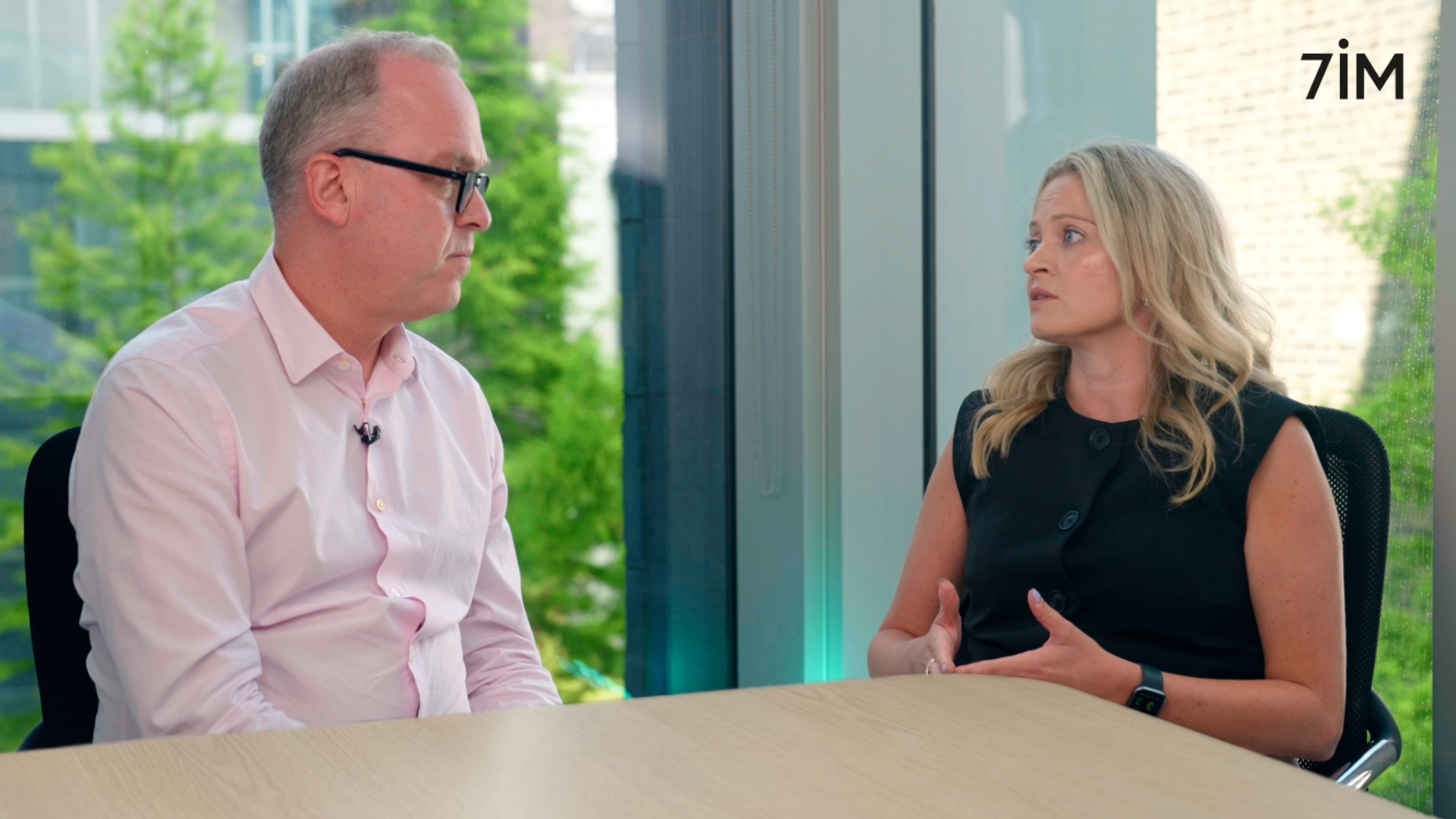
Transfers: when the complex can be made simple
When a transfer is slow, it’s typically because either the provider doesn’t offer electronic transfers, or the transfer is complex. So if the industry is aware of this, why is progress in addressing this challenge so slow itself?
The consequence of such a cumbersome process results in clients being discouraged from executing their transfers, which in the long term could become a systemic challenge for the whole advice industry.
In an extreme case in our industry, a transfer was reported to take over six months to complete. Faced with delays, some clients choose to move assets in cash rather than in-specie just because it’s quicker, even though not necessarily the better option. In-specie transfers provide a better route for those wanting to preserve asset allocation and avoid being out of the market.
But the quick fix shouldn’t be chosen at the expense of the better option just because the latter is more complex.
Results matter
Transfers are not the most glamorous part of financial planning, but they’re one of the first and certain to cause a lasting impression. And the better this process begins, the smoother the client journey will be.
At 7IM, we’re conscious of the importance of a good first impression. That’s why we are investing on significantly improving the adviser/client journey as part of our multi-million-pound transformation process.
To achieve this, we’ve improved the way we track transfers, resulting in more frequent updates. It’s frustrating when your food is delayed and the restaurant hasn’t told you how much longer you have to wait for it, or if you’re waiting for your friend who’s late and hasn’t told you when they’re going to arrive. Managing expectations makes processes a lot easier for everyone.
And upon noticing the transfer process becomes much slower because the information comes from multiple different sources, we’ve now centralised the process. Updates from all our providers come directly through the 7IM platform, made possible by our partnership with real-time integration companies like Origo. With this enhancement, advisers benefit from greater transparency throughout the transfer process.
And even though we’ve only recently started implemented these processes, we’re already noticing a large difference. For example, more than 75% of our transfers are now completing within the SLA, with some pension cash transfers taking just three days to complete.
But this is only the beginning of the journey. We’re exploring ways in which we can integrate further tools to make advisers’ lives easier – through partnerships with companies like Equisoft (formerly known as Altus) to minimise the need for rekeying, and therefore reduce human error as much as possible from the process.
Because we’ve been adding significant detail on the status of transfers for advisers and their clients, we have been receiving fewer adviser calls on queries related to transfer updates.
All these processes we’ve been implementing have also enabled us to gather cleaner, improved MI, enabling us to deploy our resources more effectively and where our data is identifying as the biggest gaps.
For advisers, every conversation simply becomes more robust. Knowing the status of every transfer, especially during bulk transfers, enhances their standing and enables them to deliver what their clients are expecting them to: the reassurance their money is in good hands.
More from 7IM



I confirm that I am a Financial Adviser, Solicitor or Accountant and authorised to conduct investment business.
If you do not meet this criteria then you must leave the website or select an appropriate audience.


